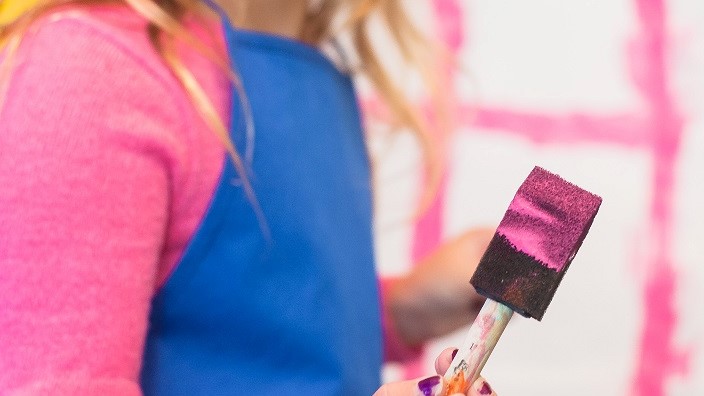 Opening a bank account for your child can be a really worthwhile thing to do for a number of different reasons. By setting up a bank account for your child early, you can incentivise yourself to regularly set money aside for their future. But giving your child a bank account of their own can help to instil in them the value of saving money. Teaching your kids to be financially responsible is possibly one of the most important things you can do for them since it is a lesson that will stay with them throughout their whole life.
Opening a bank account for your child can be a really worthwhile thing to do for a number of different reasons. By setting up a bank account for your child early, you can incentivise yourself to regularly set money aside for their future. But giving your child a bank account of their own can help to instil in them the value of saving money. Teaching your kids to be financially responsible is possibly one of the most important things you can do for them since it is a lesson that will stay with them throughout their whole life.
Opening a bank account for a baby
One of the best ways you can help your kids is by investing in their future. Investing for your child is easy to do if you set them up with a savings account while they are still a baby. This doesn’t necessarily mean setting aside a large amount of money for them to benefit from later. It is also valuable to just keep putting a little bit of money aside for them whenever you have a small amount to spare. If you set up a child savings account with a good interest rate, these contributions are likely to be worth a lot more by the time your baby is old enough to put them to use.
Teaching kids financial responsibility
It is really important that kids learn the habit of being responsible about their finances from a young age. If you teach your children good financial habits, they are more likely to carry them through to adulthood. This should give you peace of mind when they start to earn their own money, because you can be confident in them making smart financial decisions.
Children learn very quickly. If they can observe the relationship between how much money they have saved and what they can buy, they should quickly realise the basic importance of money. But they should also realise the importance of saving up for longer to earn more interest and be able to afford larger purchases.
A youth savings account is a great idea to help your kids learn these lessons from a young age. Even if they only deposit 50 cents once a month, they will still be able to watch their balance grow, and they can learn to appreciate the value of saving.
Greater Bank
Teaching your kids with Greater Bank’s Life Saver Account
The Greater Bank Life Saver account is a bank account tailored to help teach young people the benefits of saving money. The account comes with a high interest rate, which the account holder receives as long as they ensure the balance of the account grows each month. A Life Saver account can be opened with just $1.00, and there is no minimum amount by which the account must increase each month.
This makes it the perfect bank account to help your child learn the value of saving money. You can teach them to make regular contributions (even very small ones) to their bank account and they can watch their balance grow, with interest.
The account can only be opened by people who are younger than 25, but it can be set up for them by an adult. This makes it a really good baby savings account as well. Also, an account holder can continue to use the account even after they turn 25 for as long as they want.
The account also has no account keeping or transaction fees, so your child’s money will be completely safe, steadily earning interest.
Another feature of the account which will be really valuable when the kids are a little bit older is that it comes with free online and mobile banking. When the children start to use computers and smartphones, they will be able to manage their accounts directly. When kids are tuned into their savings, they can really see the difference their contributions make month to month.
Through online and mobile banking, account holders can benefit from being able to make real-time payments using PayID® and Osko® by BPAY® . By giving your children direct control over their money in this way, they will be able to learn to be financially responsible. But, of course, you must ensure that they are well prepared to take on this responsibility.
This article is intended to provide general information of an educational nature only. This information has been prepared without taking into account your objectives, financial situation or needs. Therefore, before acting on this information, you should consider its appropriateness having regard to these matters and the product terms and conditions. Terms, conditions, fees, charges and credit criteria apply. Information in this article is current as at the date of publication.

